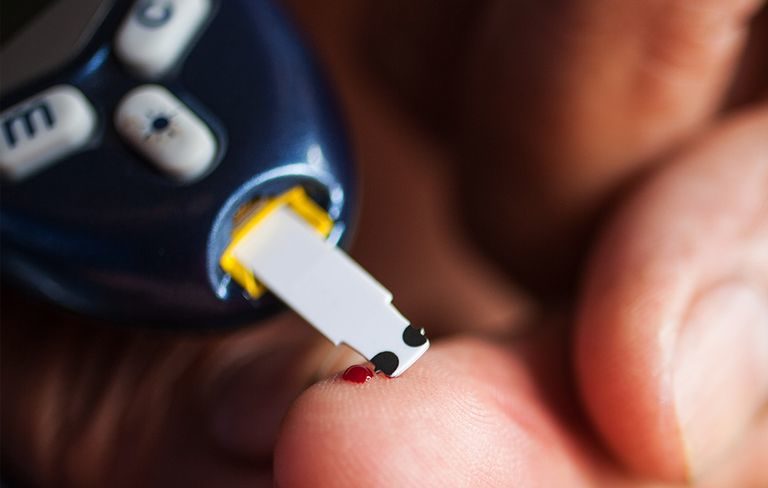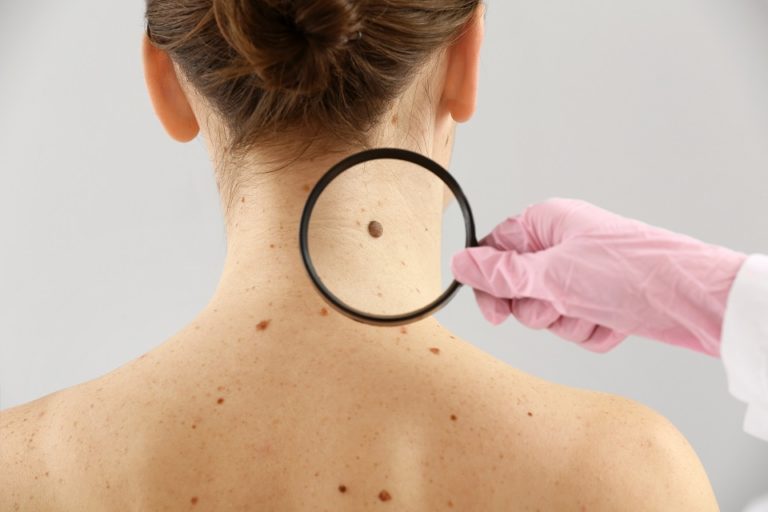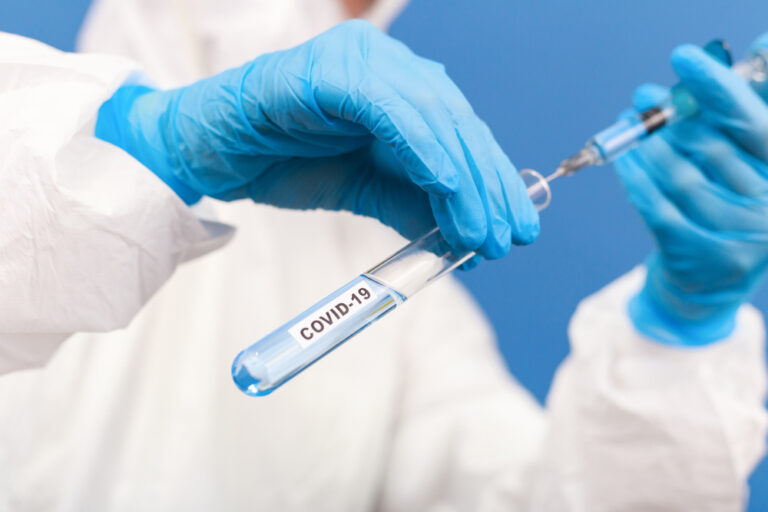
Having an open, candid and frank relationship with your physician is an integral part of leading a proactive lifestyle. But before you even open your mouth, your trained medical professional can predict many facts about your state of health.
A great posture represents a happy state of being
When a patient first walks into her office, Lillie Rosenthal, MD, DO, takes a long hard look at their posture. If someone arrives with open body language and a sense of confidence in their gait, she can deduct they’re generally in a positive frame of mind.
“Body language and movement, such as if a patient is shuffling their feet and slow moving, they may have a lack of energy and may be sick or perhaps depressed,” she shares. “I observe their arms and legs and general range of motion.
If they are guarded in their body movements or moving their entire body instead of just their head, that can be signal a physical or emotional problem. If they’re grimacing, facial expression tells a lot. I stay very attuned to that.”
A raspy voice can indicate a smoking habit
Your doctor (and ahem, everyone who loves you and knows you) has been encouraging you to cut out that smoking habit for years. But if you haven’t, chances are high they’ll be able to call your puff—er—bluff. Anna D. Guanche MD, a dermatologist, explains she can tell when someone is a smoker as she gets closer to them.
“They have a hoarse voice, inflamed gums and a specific cigarette smell to their breath and clothing that they themselves cannot detect,” she says. “They also often have a subtle yellowing of their nails and smoker’s lines around their lips that come from years of a repetitive motion—in this case, sucking on a cigarette.”
While some of these symptoms fade, even a handful of cigarettes a week can be detectable to a trained eye—and nose.
Bad breath could mean you have diabetes
Or that you had onion-filled tacos for lunch. Or that you’re a big fan of garlic. Or you haven’t brushed your teeth yet today. While there are plenty of reasons for a stench to linger in your mouth, board-certified cardiologist and nutrition and weight loss specialist Luiza Petre, MD, says chronic not-so-nice breath could result in a more sinister diagnosis.
“Foul breath can be found in diabetes, liver disease, reflux, bacterial gut imbalances and poor dental hygiene. A complication of diabetes, ketoacidosis can give a fruity breath odor, resulting from overproduction of ketones,” she shares.
Bottom line? If something tastes off in your mouth, seek some professional attention.
Hollow temples can indicate a severe illness
You know how you look when you have your annual cold—puffy eyes, stuffy nose, sleepy face—but when you’re potentially facing a more serious condition, like cancer, Dr. Guanche says you’ll have a different appearance.
The first physical symbol that makes her raise an eyebrow is in your eyes, via a condition called “bitemporal wasting” where your temple area looks hollow or indented. Other signs that confirm her suspicion include weight loss and a sallow, pale, deflated texture of their skin.
“This is because their illness is sapping their energy and often making them anemic. Also, due to treatments or an illness itself, they often have lost their appetite which gives them a gaunt and sickly appearance. Often times, they have a gray pallor which comes from a lack of oxygenated blood due to the disease,” she adds.
Yellow eyes could indicate liver disease
As one of the more dangerous, life-altering conditions to be aware of, doctors are always on high alert for symptoms that could clue them in sooner rather than later. Dr. Guanache one clear sign of liver disease is the yellowing of the whites of the eyes, which indicates early jaundice. “The liver is metabolized and it builds up in the body, lodging itself in the skin,” she explains.
Thin or sore-filled skin could represent drug use
In addition to illnesses or diseases that need to be treated and addressed, Dr. Guanche also says doctors are on high alert of signs of drug use. Usually, they first appear in a person’s skin, giving them the appearance of being emaciated.
“They often have various sores and picked skin particularly on their arms. Sores can be from skin-popping, at the area where drugs are injected into the skin, or from track marks of IV drug abuse, or picked areas from the toxin buildup that comes with Methamphetamine use,” she explains.

























